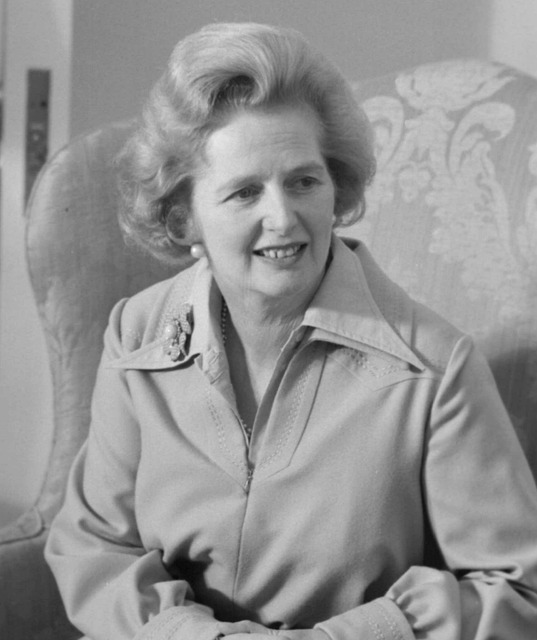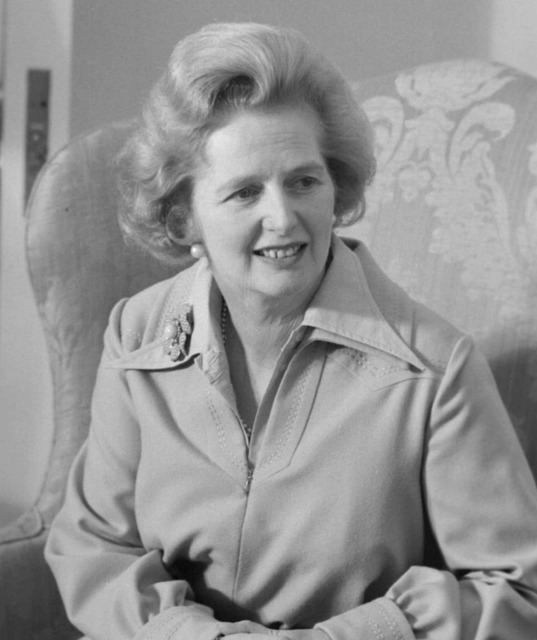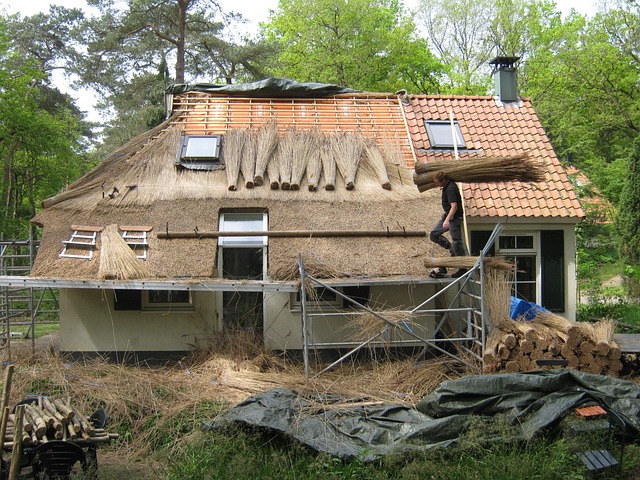In real estate, prioritizing traditional values and community life creates desirable spaces, as seen in rural areas and historic neighborhoods. Developers design properties that encourage social interaction and market homes as places for familial connections and a sense of belonging, enriching quality of life. Traditional communities leverage neighborhood design and shared spaces to foster strong bonds, with developers catering to these needs through amenity-rich homes. Preserving community life enhances property values and local investment due to strong neighborhood ties. Balancing modernization with cultural heritage, through resident engagement, ensures historical respect while integrating new lifestyle elements.
In today’s rapidly evolving world, traditional values and close-knit community life remain a cornerstone of many societies. This article explores the intricate relationship between these enduring norms and real estate, delving into how property development can either strengthen or disrupt community bonds. We’ll dissect the concept, examine the role of real estate in fostering connections, and discuss the benefits and challenges of preserving and modernizing traditional community life.
Understanding the Concept of Traditional Values and Close-Knit Communities

In the realm of real estate, understanding traditional values and close-knit community life is paramount for crafting spaces that resonate with folks. Traditional values refer to the set of beliefs, customs, and norms passed down through generations, shaping the way people live and interact. In many cases, these values prioritize family, respect for elders, and strong social bonds—all integral components of a close-knit community. Such communities are characterized by a deep sense of belonging and mutual support, where neighbors know each other, look out for one another, and share common interests and activities.
This concept is especially prevalent in certain rural areas or historic neighborhoods, where people often feel a strong connection to their roots and the past. In real estate terms, this translates into a demand for housing that not only offers physical safety and comfort but also fosters social connections. Developers and real estate professionals play a crucial role in understanding these needs, designing properties that encourage community interaction, and marketing spaces that appeal to traditional value systems. This approach ensures that close-knit communities can thrive, enriching the overall quality of life for residents.
The Role of Real Estate in Nurturing These Community Bonds

In traditional communities, real estate plays a pivotal role in fostering close-knit bonds among residents. The layout and design of neighborhoods often encourage face-to-face interactions, creating a sense of camaraderie and mutual support. Walkable streets, shared green spaces, and mixed-use developments promote daily encounters, where neighbors become familiar faces. This organic community life is further strengthened by the collective care for shared spaces, such as maintaining communal gardens or organizing local events, all of which contribute to a deep-rooted sense of belonging.
Real estate developers in these areas often cater to the specific needs and preferences of close-knit communities. They design homes with an emphasis on community engagement, incorporating amenities that encourage social interaction. For instance, building shared outdoor areas like courtyards or community centers fosters informal gatherings and strengthens neighborhood connections. This intentional approach ensures that real estate continues to serve as a cornerstone in nurturing and preserving the traditional values and community bonds that make these areas so special.
Benefits and Challenges: Preserving and Modernizing Traditional Community Life

Preserving traditional community life brings a host of benefits, especially in terms of real estate. Close-knit neighborhoods foster a sense of belonging and safety, leading to higher property values and a stronger desire for local investment. Residents often develop deep connections, creating a supportive network that enhances overall well-being. This tight-knit fabric also encourages shared resources and community initiatives, making neighborhoods more sustainable and resilient.
However, modernizing these traditions is not without challenges. Balancing the preservation of cultural heritage with the need for change can be delicate. In real estate, this might mean finding ways to integrate new developments while respecting historical structures and community character. Engaging residents in decision-making processes and encouraging open dialogue are essential to navigate these complexities, ensuring that traditional values remain intact alongside a dynamic, modern lifestyle.






